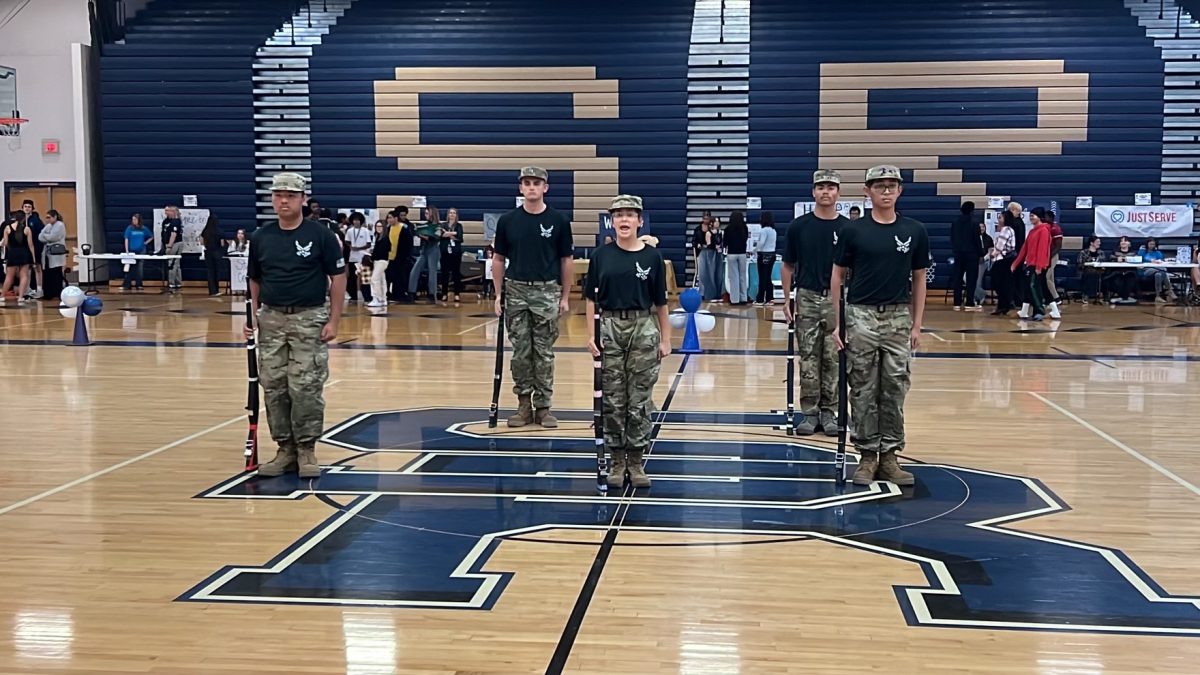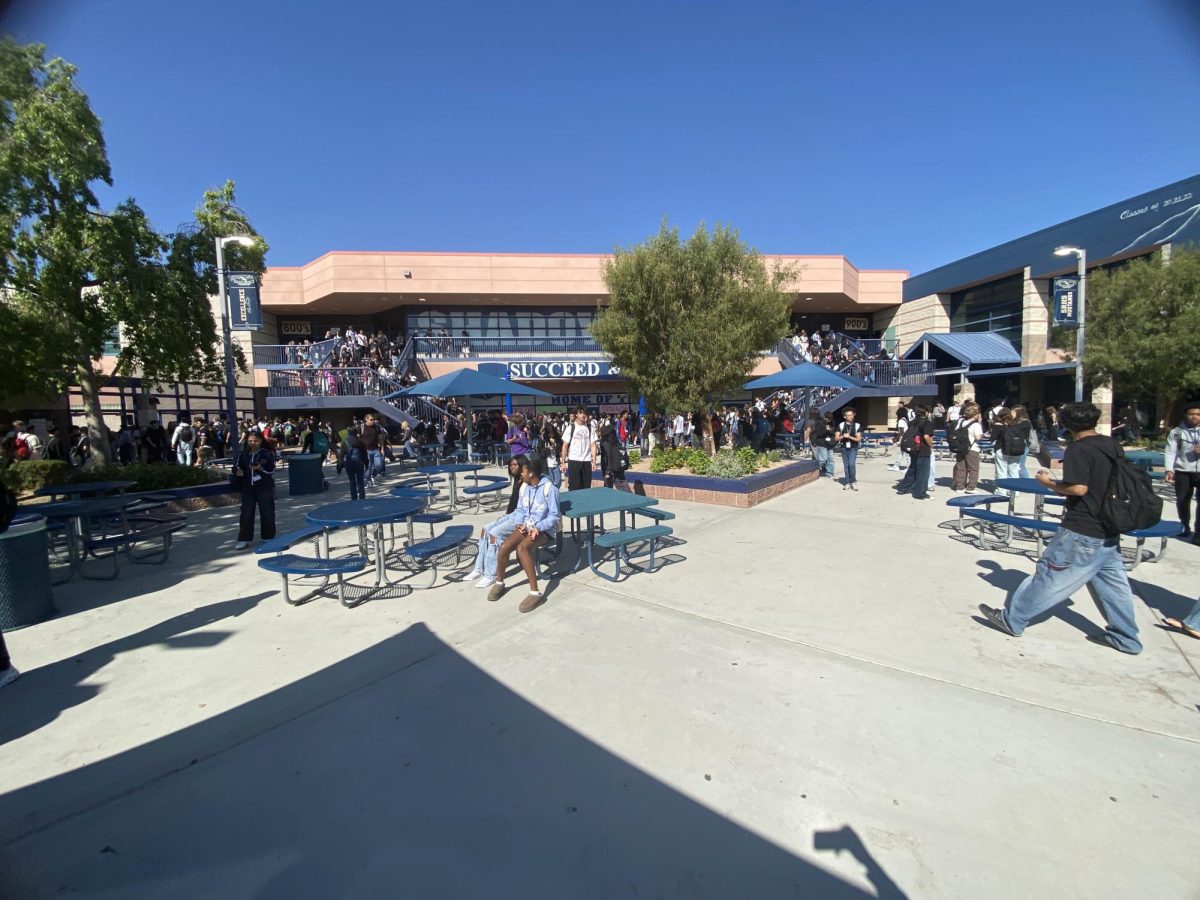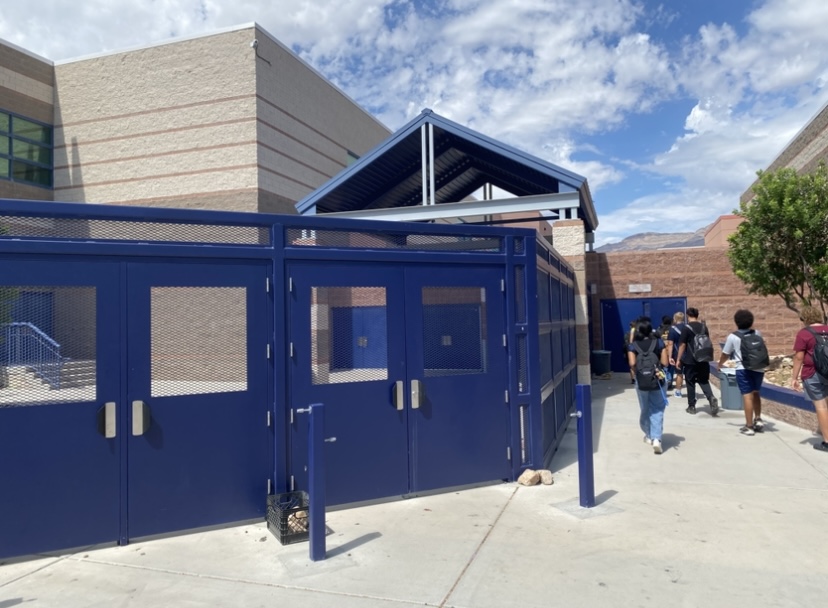For the cadets in the Reserve Officers’ Training Corps (ROTC), drill is more than just marching in formation, it is a fundamental part of their preparation to become future military leaders. Through hours of rigorous practice, they learn to execute even the most intricate drill commands with flawless execution, their movements so in sync that it appears as if they share a single mind guiding their steps.

Instructor Jackie Zimmerman says, “Drill aims to develop discipline, precision, teamwork, and leadership among cadets. It focuses on mastering specific maneuvers, promoting camaraderie, and preparing cadets for competition and real-world responsibilities within the program.”
Indeed, the lessons learned on the drill fields have direct applications for the cadets’ leadership development. As they master the art of issuing clear commands and ensuring their precise execution, they are honing the skills that will be crucial when they are responsible for leading soldiers in the field. The ability to maintain composure under pressure, make decisive decisions, and inspire their troops to perform at the highest level are all cultivated through the discipline of ROTC drill.
Zimmerman adds, “Leading up to events, cadets participate in rigorous practices, including daily practices the week before. We also have a 4 hour long practice the Friday before each competition. Team-building exercises and physical conditioning are used to refine their skills and teamwork.”
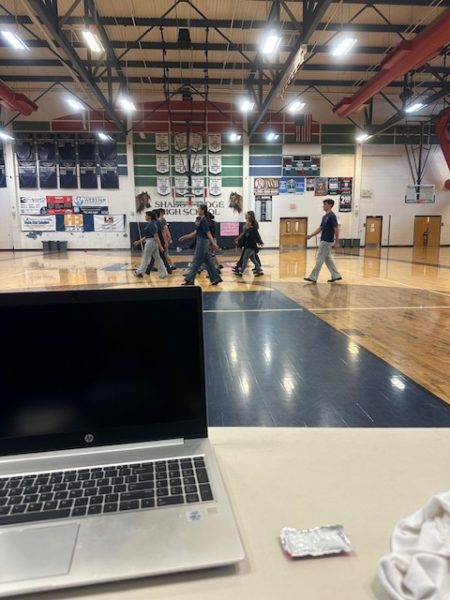
As the battalion marches across the parade ground, their movements crisp and their bearing proud, the spectacle is testament to the cadets’ commitment and skill. Each cadet holds their head high, their eyes fixed straight ahead, their bodies moving in flawless unison. It is a display of military precision that demands respect and admiration.
Zimmerman says, “Drill takes place all year round with the first competitions taking place in October. The practices take place at school, parks, or designated training areas. The time of year affects the training environment, with cooler weather providing better conditions for outdoor exercises compared to extreme heat or cold, which may limit the duration or intensity of activities.”
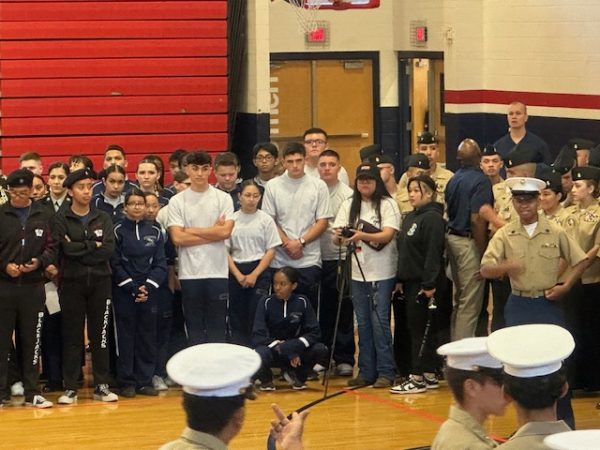
Yet, for the cadets themselves, the true value of ROTC drill goes beyond the outward appearance. It is about the internal discipline, the teamwork, and the leadership development that are the foundation of their training. As they continue to hone their skills on the drill field, they are not just learning to march, they are learning to become the officers who will one day lead America’s armed forces.
Zimmerman says, “The cadets feel very strongly about the experience and explain that it helps them put more effort into things and more strongly about things. They see that things are achievable even if it is hard and nothing is impossible.”
As the cadets execute their final salute and the battalion is dismissed, the sound of their boots fades into the distance. But the impact of their ROTC drill training will continue to reverberate, shaping the next generation of military leaders who will protect and defend the United States.


